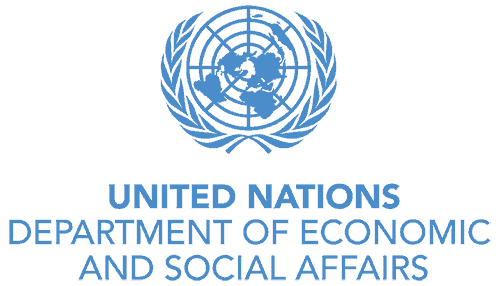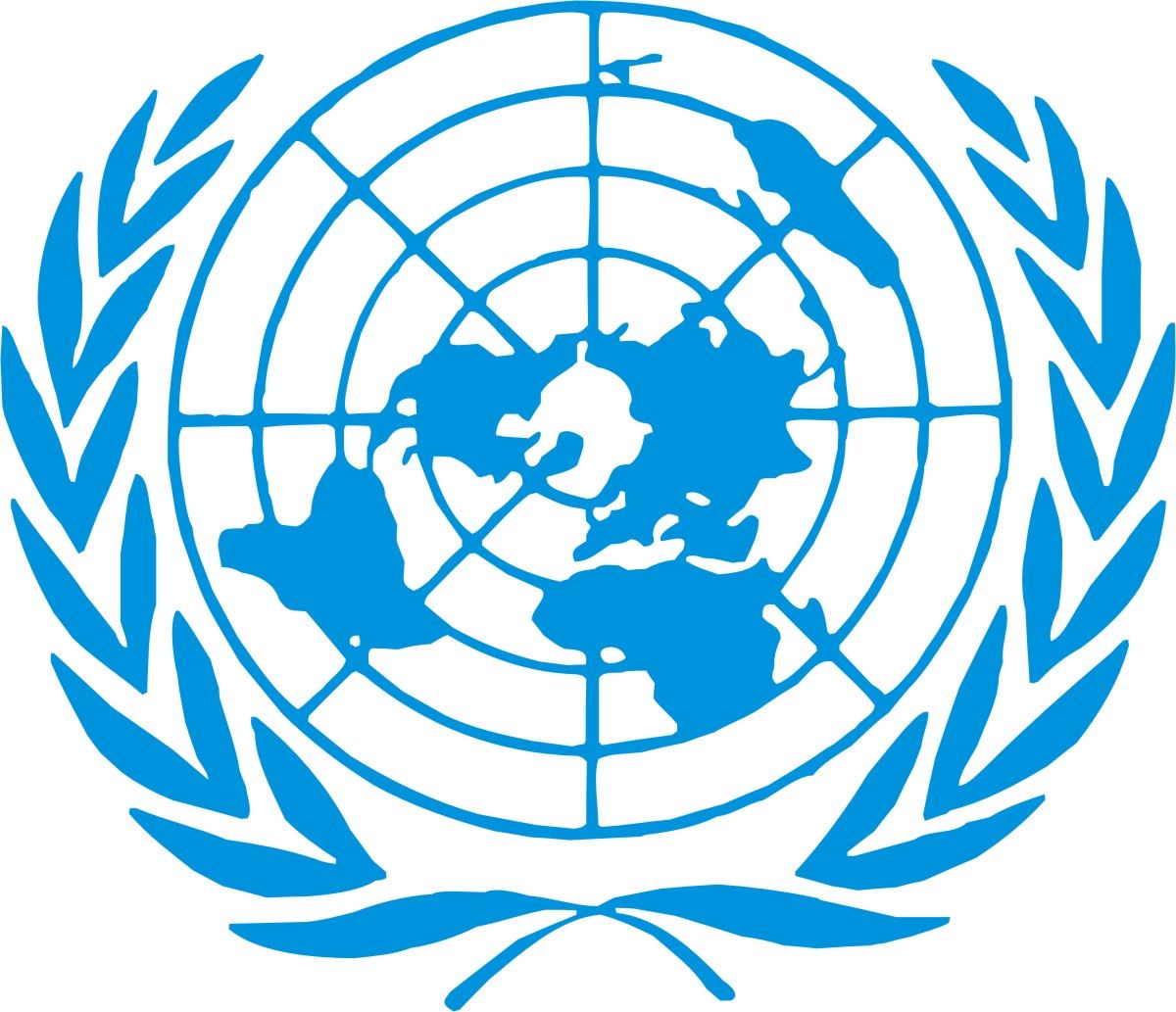Location
The United Nations Economic and Social Council (ECOSOC; French: Conseil économique et social des Nations unies, CESNU) is one of the six principal organs of the United Nations, responsible for coordinating the economic and social fields of the organisation, specifically in regards to the 15 specialised agencies, the eight functional commissions and the five regional commissions under its jurisdiction.
The Council serves as the central forum for discussing international economic and social issues and formulating policy recommendations addressed to member states and the United Nations system. A number of non-governmental organisations have been granted consultative status to the Council to participate in the work of the United Nations.
Members:
Resources
Displaying 21 - 25 of 224Developing a national framework for geo-spatial information in Ghana
In Ghana, over the years considerable amount of valuable environmental information (geospatial information included) have been collected in various forms and in different depths by government ministries, departments and agencies. A distributing feature of the availability of this information is the lack of general awareness of the existence of this valuable resource in repository agencies. Where they are known to exist, they are poorly stored or scattered in various places and mostly out of date.
Contribution of the Sahara and Sahel observatory to the first meeting of the committee of development information
The countries of circum-Sahara Africa adversely affected by desertification, their sub-regional organisations, their Northern partners and the concerned international organisations of the United Nations System have created the Sahara and Sahel Observatory (OSS) in May 1992. OSS's mission is conducted within the international framework of the Convention to Combat Desertification (CCD) and Agenda 21 and aims to favour the development and the optimisation of its African partners' information wealth, for an optimal use of the means for combating desertification.
Emergency mapping for infornmal settlements as the geoinformation base for planning basic services
The informal settlements, townships, temporary camps and other human posts need at least basic services such as potable water, electricity and sanitation. Other services such as food supply, medical aid and shelters are usually arranged in case of disasters and large human migrations. A proper and efficient services need should be well estimated and simply implemented. All requirements can be achieved as results of evaluation with use of the geo information decision support system GDSS, suggesting services sorts and quantities.
Executive summary : an integrated geo-information (GIS) with emphasis on cadastre and land information systems (LIS) for decision-makers in Africa
The status of cadastral and land information systems in Africa is assessed, with specific reference to their capacity to assist decision-makers. Recommendations and guidelines are provided for the adaptation of existing systems and/or the development of new systems, so that they can be used for land reform, physical planning and integrated land administration. The guidelines take into account the need to create land information for decision-makers without creating unaffordable costs to the state, given that the average per capita income for Africa in 1995 was USD665.
Report of the high level expert group meeting on agriculture and environment
Food insecurity is expected to accelerate substantially in sub-Saharan Africa where available evidence suggests that environmental degradation such as soil erosion, desertification and deforestation is seriously depend for increasing their agricultural productivity. As a result, about 44 percent of Africa's population live below the poverty line earning an income of about $39 per month.



